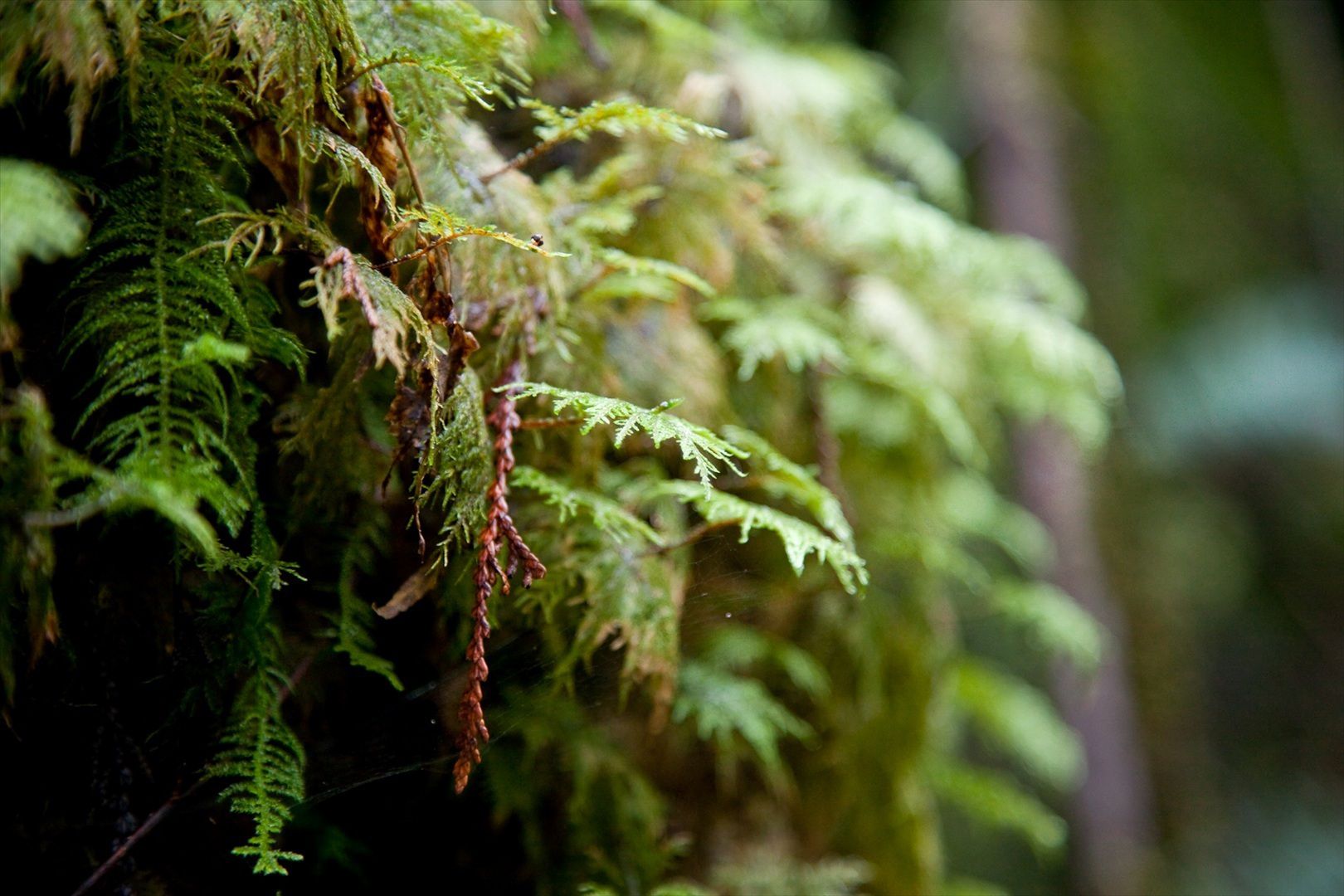-
 Nucleation
Nucleation
-
 Crystalline facies
Crystalline facies
-
 Iguanodon
Iguanodon
-
 HTML
HTML
-
 Hyperaluminous
Hyperaluminous
-
 Kinase
Kinase
-
 Internal energy
Internal energy
-
 Antiviral
Antiviral
-
 Myelogram
Myelogram
-
 Cogeneration
Cogeneration
-
 Chiropraxis
Chiropraxis
-
 Skeletal muscle
Skeletal muscle
-
 Diploblastic
Diploblastic
-
 Movement
Movement
-
 Biome
Biome
-
 Bare tanne
Bare tanne
-
 Leachate
Leachate
-
 Earth
Earth
-
 Beta lactam
Beta lactam
-
 Guanosine
Guanosine
-
 Mir
Mir
-
 Sequencing
Sequencing
-
 Gas pipeline
Gas pipeline
-
 Thermal insulator
Thermal insulator
-
 Papilio phorbanta
Papilio phorbanta
-
 Carbon compensation
Carbon compensation
-
 Key escrow
Key escrow
-
 Aspartic acid
Aspartic acid
-
 Worm screw
Worm screw
-
 CEPT
CEPT
Western red cedar
The western red cedar, or giant arborvitae as this name indicates, is an imposing tree often growing to between 50 and 60 m high!

The western red cedar is also called the "Pacific redcedar". © Elle EPP, Flcikr CC by nc-sa 2.0
Names
The western red cedar (Thuja plicata), a member of the Cupressaceae family, is also called the "Pacific redcedar", the "shinglewood", or the "giant cedar".
Botanical description of the western red cedar
This tree has a conical, then tubular structure. Its purple purple bark becomes grey and cracks as the tree ages. Its foliage, which is persistent in winter, is formed of flat branches covered with scale-shaped leaves. The leaves are in opposite pairs, and the successive pairs are at 90° to one another. Its branches are green on top and green with white patches underneath. This is a monoecious species, producing unisexual flowers in the form of small terminal catkins. Its 15 to 20 mm long and 4 to 5 mm wide cones are slender and formed of overlapping scales.

Western red cedar. © Eric in SF, Flickr CC by nc-nd 2.0
Origins
This conifer grows on the slopes of the Rocky Mountains in the western United States. It was introduced into Europe in 1853 by a well-known botanist, William Lobb.
Growing conditions of the western red cedar
This species grows in all types of soil, even calcareous soil. It likes sun or partial shade. It suffers in periods of drought and intense heat, which is why it is found in humid regions.
Use
The wood of the western red cedar has a particular smell. It is soft, light and its colour varies from yellow, for sapwood, to pinkish brown, for heartwood. Highly resistant to rot, this wood is sought out to make shingles, boats, exterior cladding and window frames.
Author: Michel Caron
 Giant arborvitae. © Calypso Orchid, Flickr CC by nc-nd 2.0
Giant arborvitae. © Calypso Orchid, Flickr CC by nc-nd 2.0
Latest
Fill out my online form.



